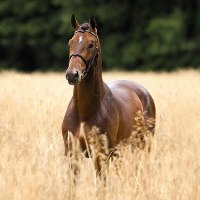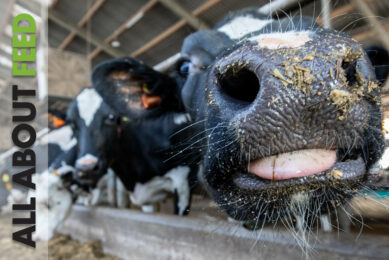DDGS not so good for horses

Be careful with feeding distillers’ grains (DDGS) to horses says Teresa Slough, equine nutrition specialist with K-State Research and Extension in the US.
There has been little research done in feeding DDGS, a byproduct of the
ethanol production process, to horses, she said. So far, the studies that have
been done examined feeding DDGS for only a short period of time.
“There
is no information available so far on the long-term effects of feeding DDGS to
working horses, mares or foals,” she said. The upside of feeding DDGS to horses
is that they will eat it and, in fact, they like it, said Slough. In addition,
it is sometimes a less expensive source of
protein.
Susceptibility of horses
But Slough warns
that the disadvantages outweigh the advantages. “Horses are very susceptible to
fumonisin poisoning from moldy corn. Fermentation during ethanol production
doesn’t destroy the mold; rather it is concentrated. “Feeding DDGS contaminated
with fumonisin just once could cause death,” she said. Another disadvantage, the
researcher said, is that DDGS has a high phosphorous content.
“Unless the
other feedstuffs in the horse’s diet are very high in calcium, the potential
exists to create a diet inversed in its Ca:P ratio and negatively affect bone
development,” Slough added. “This is of particular concern with broodmares and
foals.” DDGS has a high sulfur content, which also makes it problematic for
horses.”Sulfur toxicity in horses, although rare, can result in colic, jaundiced
mucous membranes, labored breathing, cyanosis and convulsions, followed by
death,” she said.
Get it tested
“The bottom line is,
feeding DDGS to horses is not recommended unless it’s been tested for fumonisin
and contains less than five parts per million, and then it should only comprise
a small percentage of the total diet.”
[source: www.drovers.com]











